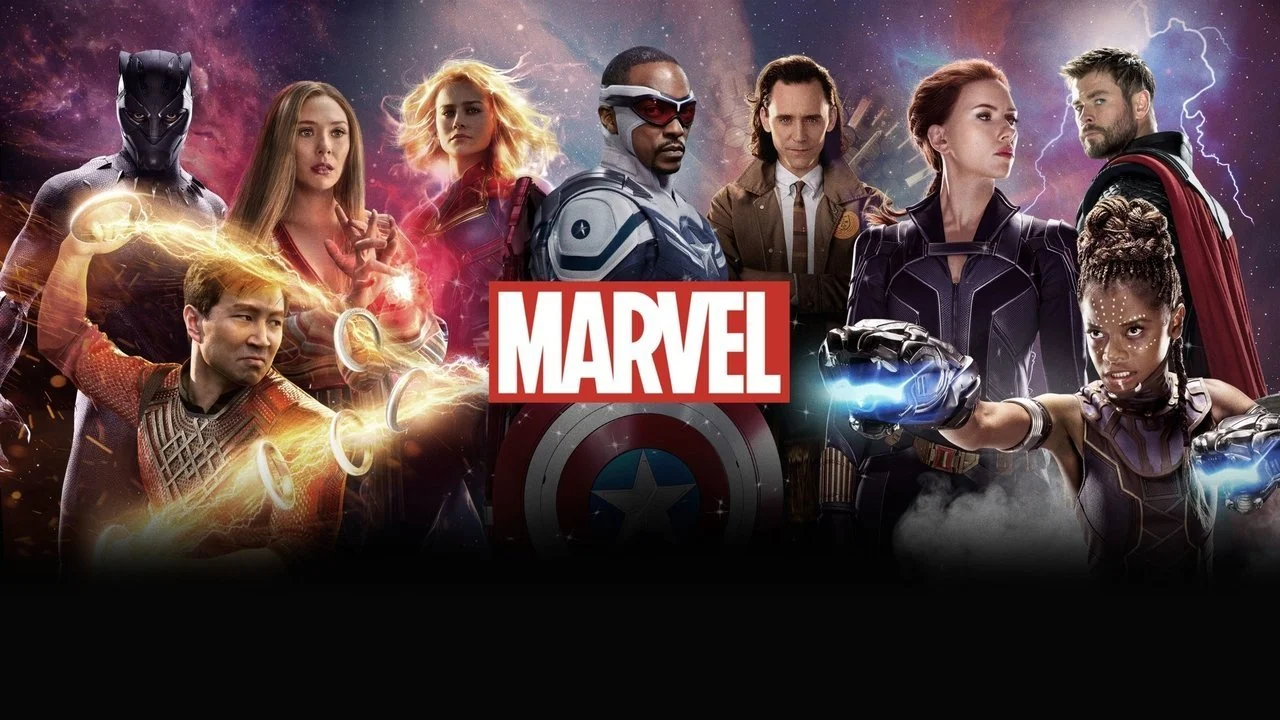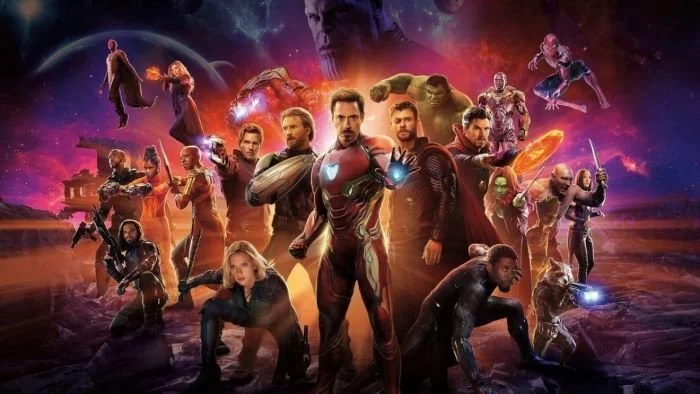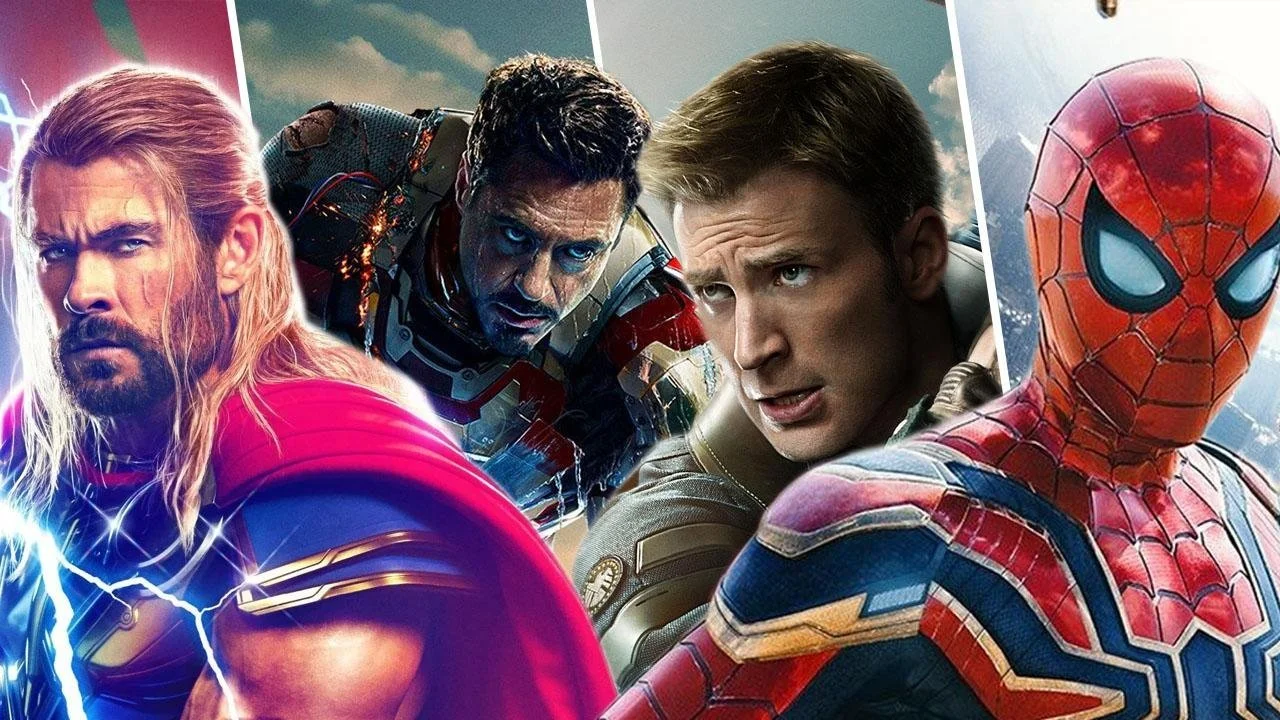Does The Introduction Of The Multiverse Diminish Past Events In The MCU?
With the official inclusion of the Multiverse as part of the ever-expanding Marvel Cinematic Universe (MCU), the question is if there are still any stakes in the game for our big-screen heroes. With infinite possibilities available, does it matter if Spider-Man, Dr. Strange, or the Avengers fail? Does it matter if they quit or turn evil? Does it matter if they die? As is usual, these types of questions can be answered very simply with either a yes or a no. Alternatively, they can provide a good excuse to take some time and to explore an interesting premise a little more deeply. This article will do both.
To get the easy answer out of the way first, no. I do not believe that the introduction of the Multiverse into the MCU in any way diminishes the past events of the MCU or the standalone films. In fact, I believe that it possibly gives them more importance than they had in their original stand-alone format. We do not have to look any further than the source material itself. At this point in their history, both movies and comic books are notorious for alternate timelines, bringing dead heroes back to life, and inventing whatever magic, technology, or deception needed to chase whatever new plotlines (or media sales) that were of interest to the writers (or studios) at the time. This leaves the primary audience well accustomed to not just accepting variants but greeting them with open arms (or rejecting them with passionate grumbling) and devoting a significant portion of their hobby time to spinning whatever fan theory they hope Marvel, DC, Disney, or Universal will adopt next.
RELATED:
In the past, there have generally been two main approaches to dealing with new content for existing intellectual property. The first option is often a full reboot that pushes all previous material out of canon, such as with the Battlestar Galactica reboot in the mid-2000s. Alternately, the creatives have been known to utilize prequels and sequels to create a link in the chain that does not disrupt the continuity of any previous material. Naturally, there have also been notable franchises that have switched back and forth between the two approaches. One of the largest and longest-standing to alter its approach has been Star Wars. In the pre-Disney era, most of the new (and extensive!) content was created to be either a sequel or a prequel to one of the previous stories. However, since Disney has been at the helm, they have been much more willing to edit canon as needed in order to keep a cohesive “official” story, such as was the case with the sequel trilogy and the significant changes to the makeup of the Solo family compared to past novelizations and comics.
A less definable but possibly more important reason that the past, present, and future installments of the characters and stories are all equivalent in importance is that our emotional connection to the characters more than anything else gives the events their importance. Take Spider-Man: No Way Home, for example. The studio took full advantage of the opportunity to bring all of the Spider-Man fans together in one place and make the experience appeal to everyone. Having three different Spider-Men together on one screen interacting with each other, and exploring their similarities and differences was executed wonderfully and provides an excellent example of how bringing old material into the “official” MCU not only pleases but opens up the potential to explore these complicated characters even more deeply and yet retain a personal favorite version.
In summary, the Multiverse is a wonderful concept that has been adopted into the MCU. This is primarily based on our predisposition to accept alternate versions of our heroes, the increased engagement around an IP when there is a reboot or new installment, and our connection to heroes and stories being more emotional than a logical one. Rather than detract from the previous installments, the concept enhances our connections to and desires for new versions of old favorites.
READ NEXT:




